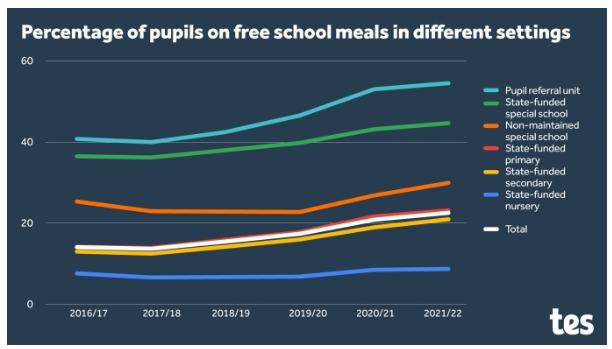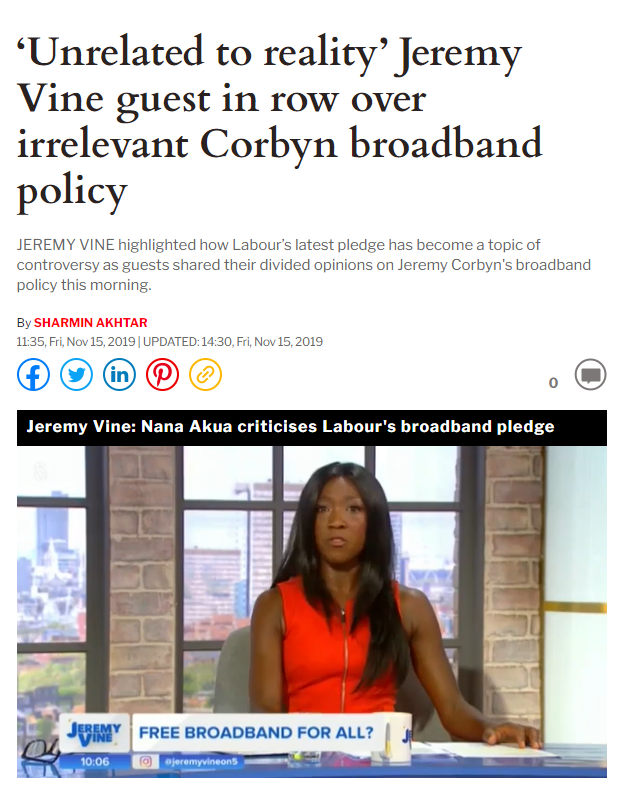
#THREAD
Opening contribution to the Special Issue 'Cultural Studies & Education: A Dialogue of Disciplines?' - Guest Editors Bill Green & Andrew Hickey survey the pedagogical & disciplinary intersections of Cultural Studies & Education.
tandfonline.com/doi/full/10.10…
Opening contribution to the Special Issue 'Cultural Studies & Education: A Dialogue of Disciplines?' - Guest Editors Bill Green & Andrew Hickey survey the pedagogical & disciplinary intersections of Cultural Studies & Education.
tandfonline.com/doi/full/10.10…
The Editors cast a distinction between the pedagogical & educational, and from this basis argue that predominant accounts of Cultural Studies’ educative purpose derive from the relationship that the field has maintained with formal and institutional sites of Education.
Cultural Studies sought to ‘awaken the desire for education amongst working people in the belief that education was central to the cause of emancipation’, asking how ‘experiences are handled in cultural terms: embodied in traditions, value-systems, ideas, & institutional forms’.
Cultural Studies opened opportunities for a formal education, & recognised ‘new kinds of education’ positioned ‘at the centre of communities’, turning scholarly attention to content that was within the grasp of its students AND providing a way of encountering this: a #pedagogy.
Lawrence Grossberg’s (2019) observation that the ‘link between scholarship and teaching, thinking and pedagogy, is one of the things that makes cultural studies uniquely powerful and appealing’.
The papers in this Special Issue ask, each in their own way: do the questions that prompted Cultural Studies’ early formations – notably, questions of class consciousness and ‘solidarity and communality’ (Hoggart) – continue to resonate?
What revision of these questions is now required? How might a critically engaged Cultural Studies continue to operate as a pedagogical project in light of the stark cultural, social and economic transformations that have occurred in these early decades of the 21st century?
The papers consider what now constitutes ‘the “social character” or “pattern of culture” which is dominant’ (Williams), noting while Cultural Studies may well be ‘at its heart… a pedagogical project’, it is one that always requires recognition of the contingencies of context.
Giroux (1994) suggested:
"[W]hat cultural studies offers educators is a theoretical framework for addressing the shifting attitudes, representations, and desires … being produced within the current historical, economic, and cultural juncture…
"[W]hat cultural studies offers educators is a theoretical framework for addressing the shifting attitudes, representations, and desires … being produced within the current historical, economic, and cultural juncture…
It also provides elements for rethinking the relationship between culture and power, knowledge and authority, learning and experience, and the role of teachers as public intellectuals." (Giroux, 1994).
Cultural Studies affords the means to take stock of what matters in the conduct of everyday life, and to theorize this experience. This is, we note, where Cultural Studies’ fundamental pedagogical purpose continues to be located – but a caveat is required at this point:
Ien Ang (2013) highlights that Cultural Studies is:
"…first and foremost an academic practice, making its impact primarily in academic contexts. Its frames of reference are academic: very few cultural studies academics venture outside the university in their scholarly lives."
"…first and foremost an academic practice, making its impact primarily in academic contexts. Its frames of reference are academic: very few cultural studies academics venture outside the university in their scholarly lives."
There's been little direct engagement with schooling largely because 'Cultural Studies' has been seen as principally a matter of HE: Cultural Studies has tended to be ‘applied’ to schooling, rather than functioning as itself pedagogically intrinsic to school curricula.
'Cultural Studies' remains peripheral within schools & curricula. Turner says cultural studies has achieved success in secondary school curricula in the UK & Australia (in English, media studies, film & TV studies), but these incursions are rarely named as ‘Cultural Studies’.
The brief for this Special Issue asked contributing authors to consider their own experiences at the intersection of Education & Cultural Studies. Focus was to be given to the ways that the disciplinary configurations of Cultural Studies & Education (in a broad sense) overlap.
The issue commences with Julian Sefton-Green’s reflections on the earliest (British) formations of Cultural Studies and its origin within extra-mural education programmes in post-war Britain (culminated in the Birmingham Centre for Critical Cultural Studies).
Bill Green and Steve Connelly’s paper surveys the placement, and continuing relevance, of Cultural Studies in the English curriculum.
Megan Watkins and Greg Noble chart the uses of cultural theory as a means for expanding teachers’ professional knowledge.
Megan Watkins and Greg Noble chart the uses of cultural theory as a means for expanding teachers’ professional knowledge.
Simon Gough, Annette Gough and Noel Gough reflecting on how Cultural Studies might inform science education. By decoding popular understandings of science and technology displayed in popular texts, scope is opened to broach questions of positionality, ethics and practice.
Anna Hickey-Moody, Peter Kelly, Scott Brook, Tammy Hulbert, Rimi Khan and Christen Connell move the discussion into the context of higher education.
Linda Wight and Simon Cooper extend this exploration of teaching (with) Cultural Studies in higher education.
Linda Wight and Simon Cooper extend this exploration of teaching (with) Cultural Studies in higher education.
Situating their argument within the rapidly transforming space of popular culture & the advent of streaming TV, Wight & Cooper identify that CS’s existing conceptual & theoretical toolkit does not entirely explain how contemporary audiences engage with the media they consume.
An important challenge to Cultural Studies is articulated by Bep Uink’s, Rebecca Bennett’s and Gregory Martin’s account of Cultural Studies’ relevance to, and acceptance by, First Nations and Indigenous peoples.
Finally, Hickey & Johnson position their argument centrally in the university context and contemplate what it means to draw on Cultural Studies’ attendant theoretical, conceptual, and methodological resources to teach into other disciplines.
Together, these papers provide insight into conceptions of Cultural Studies & Education that identify the continuing intra-actions between each discipline, providing ideas for further considerations of the associations (& tensions) that exist between Cultural Studies & Education.
• • •
Missing some Tweet in this thread? You can try to
force a refresh
















